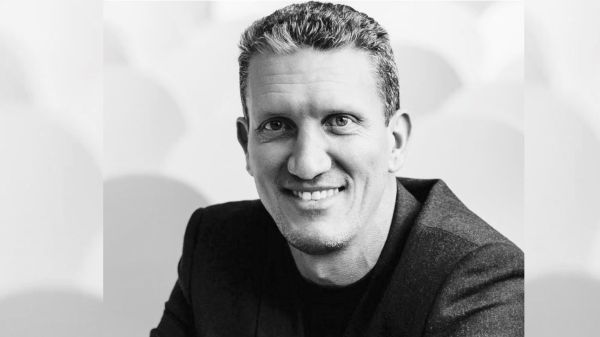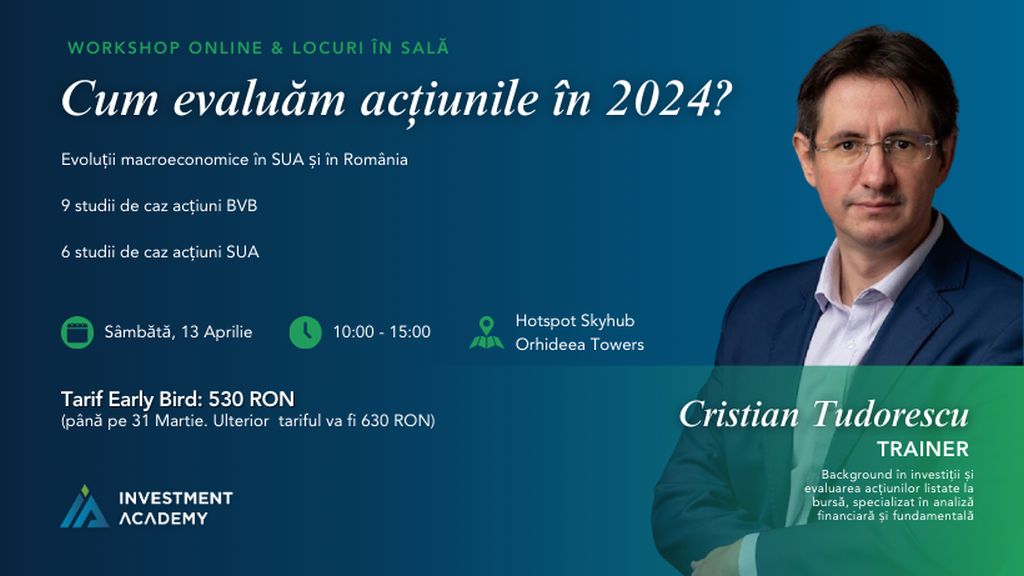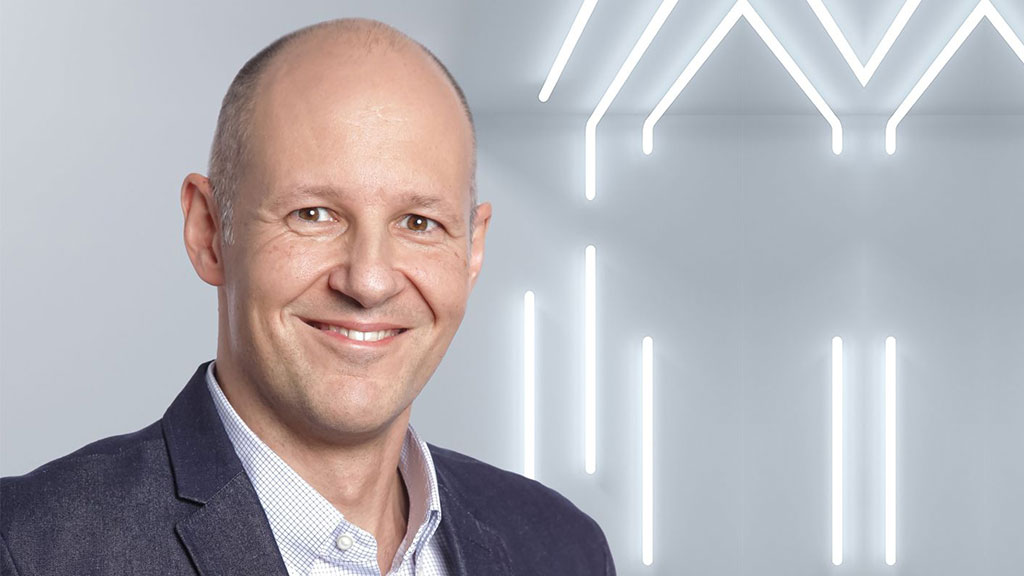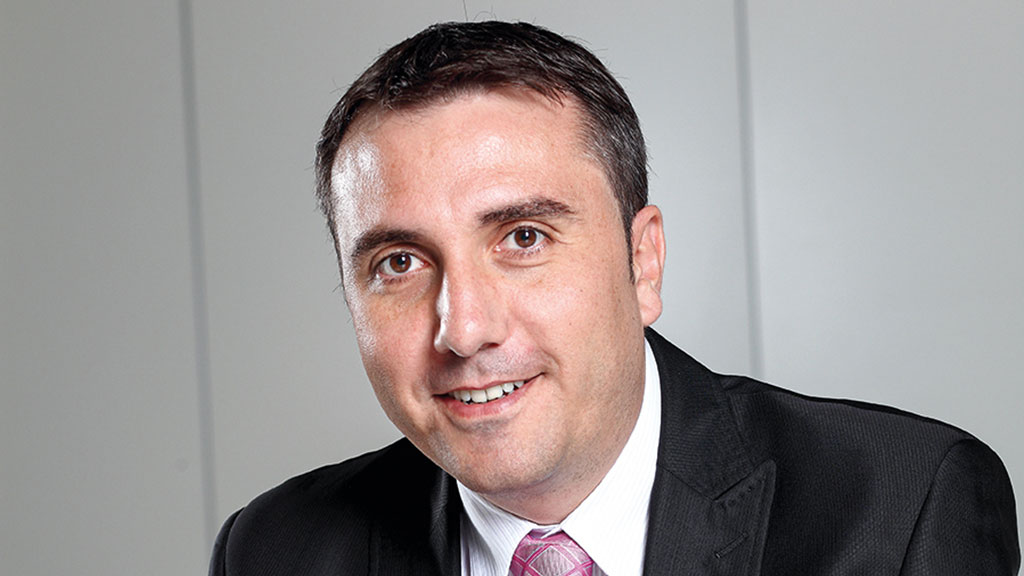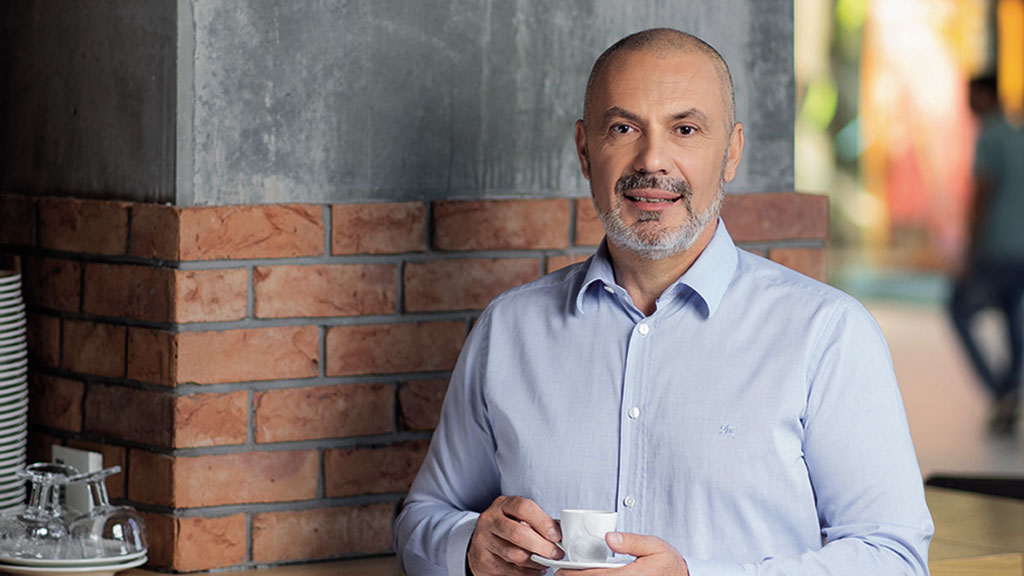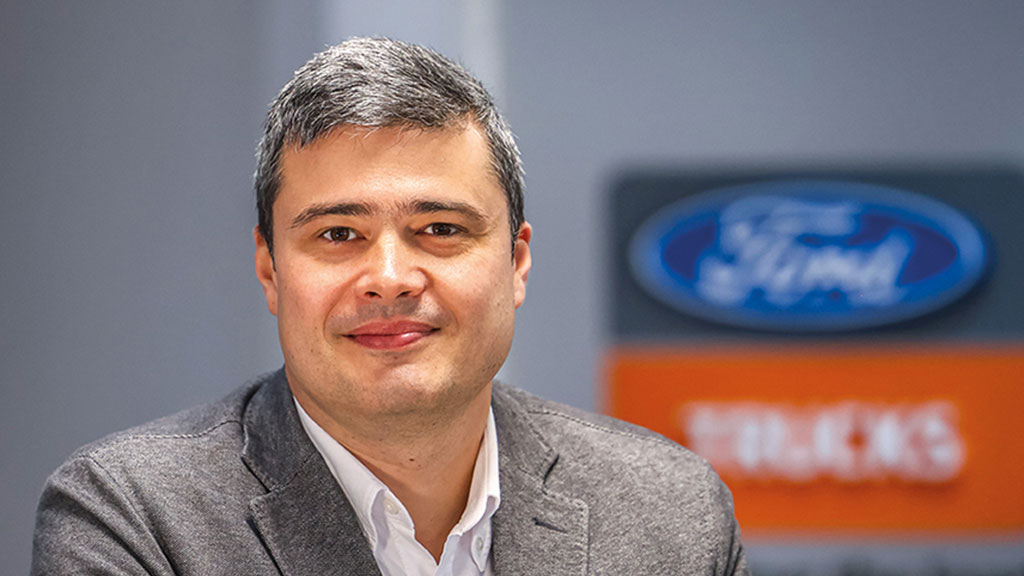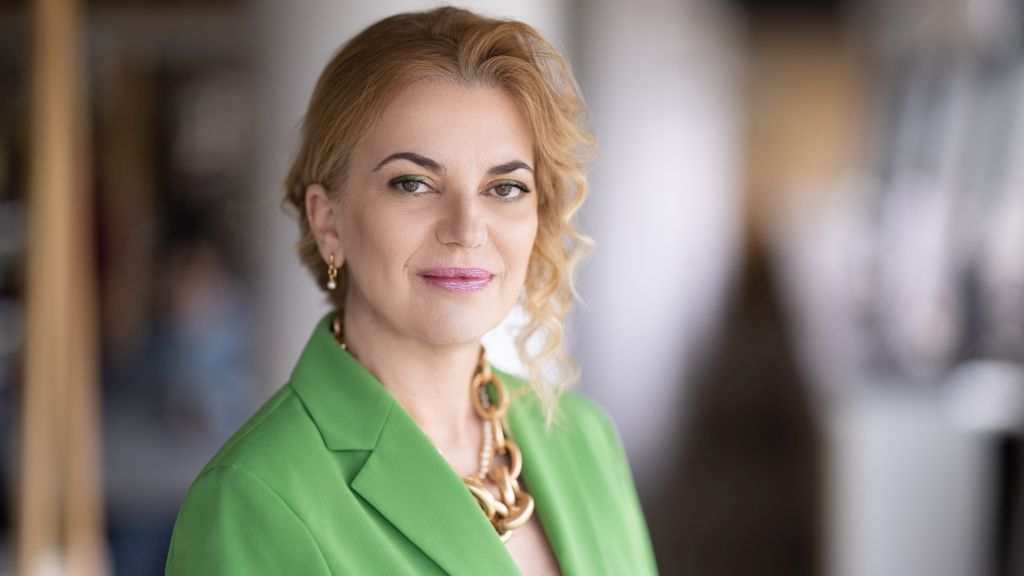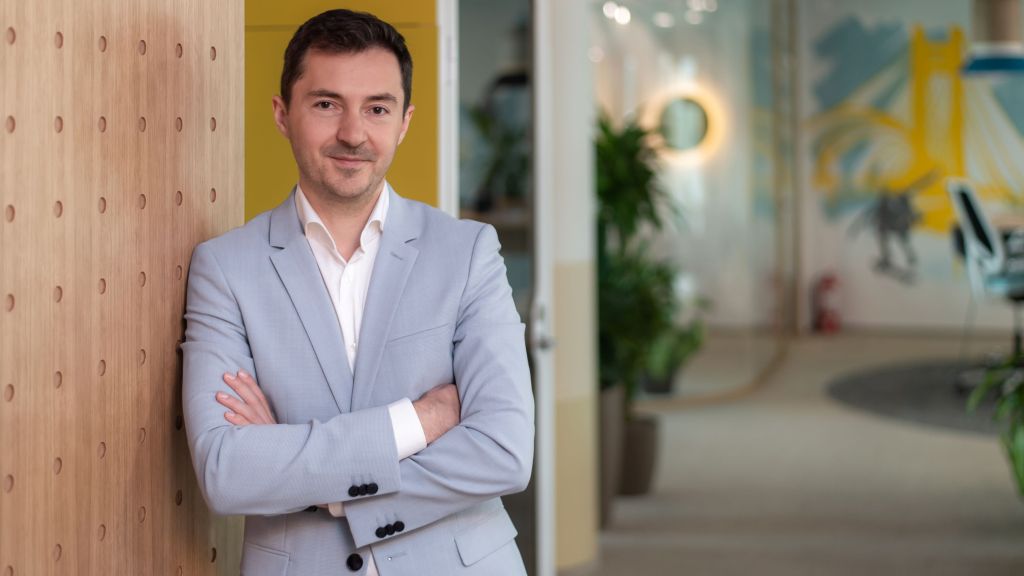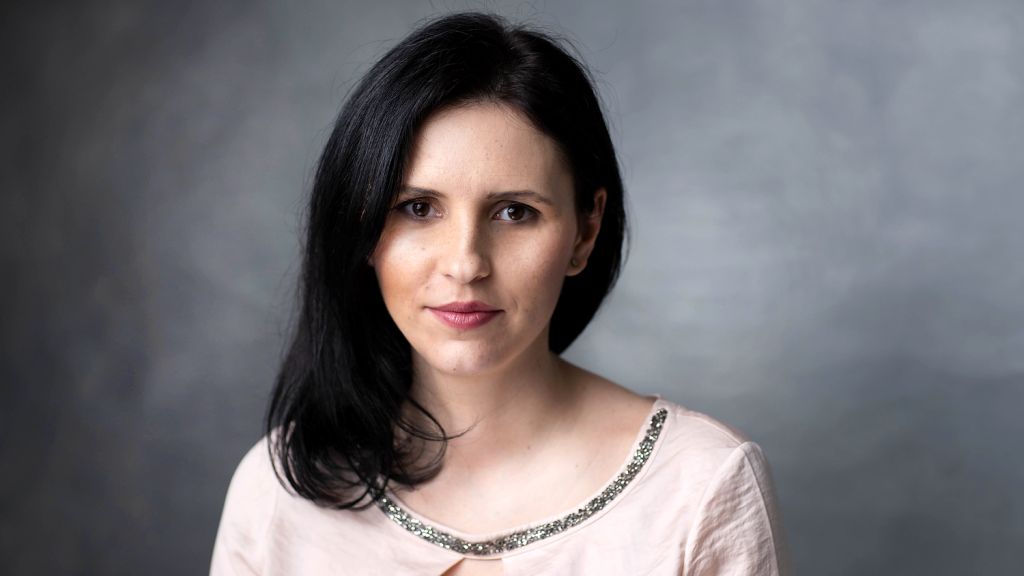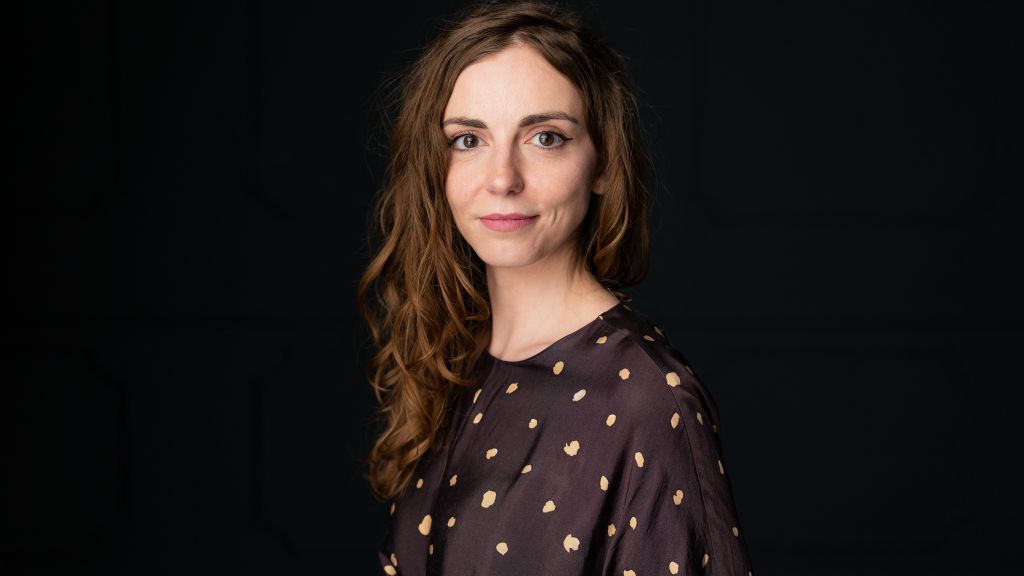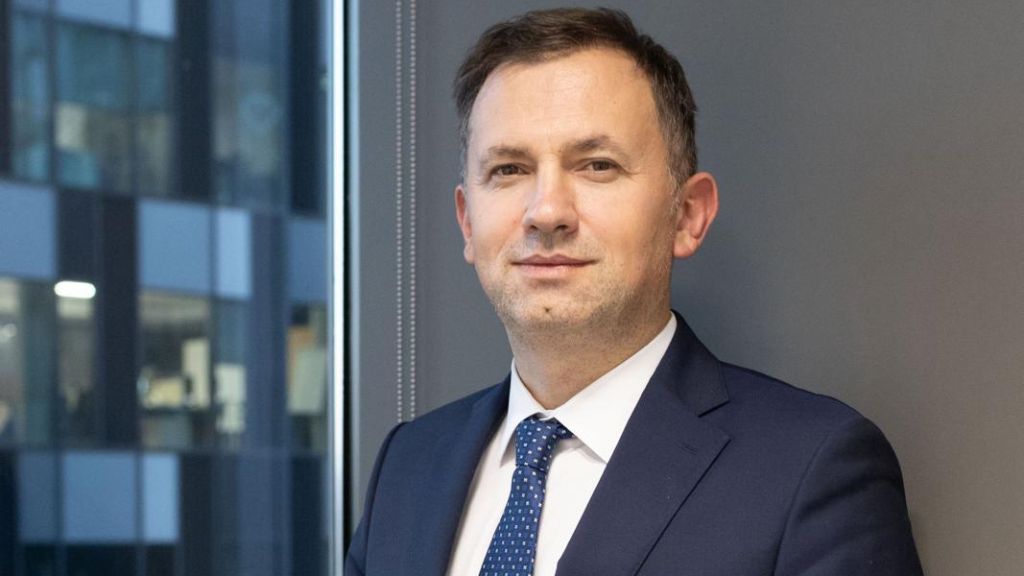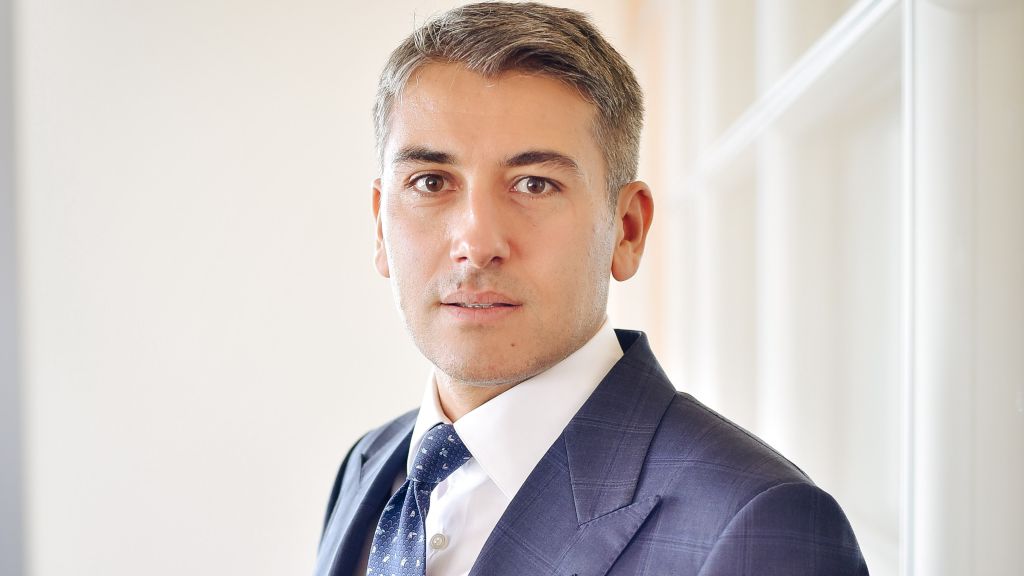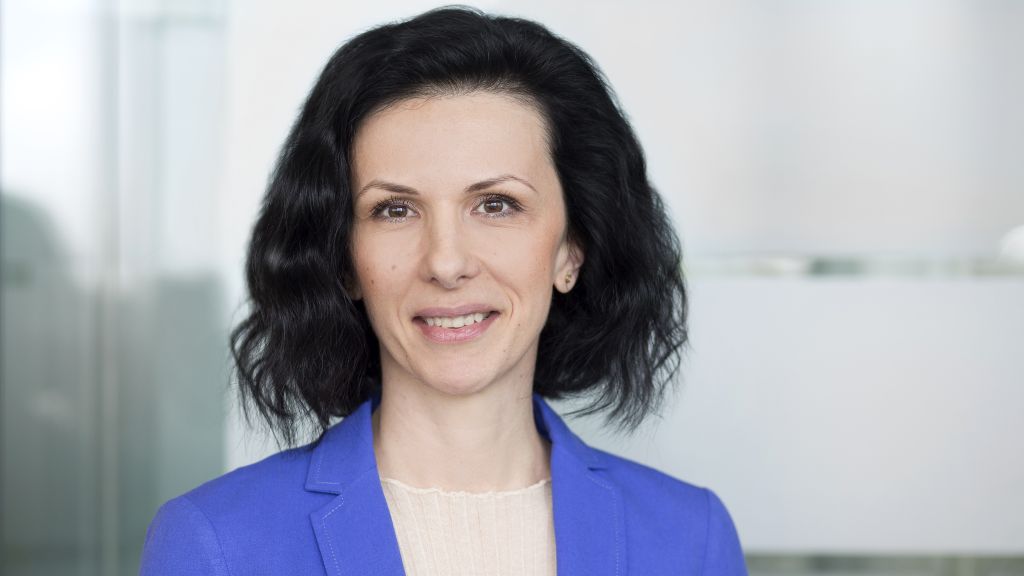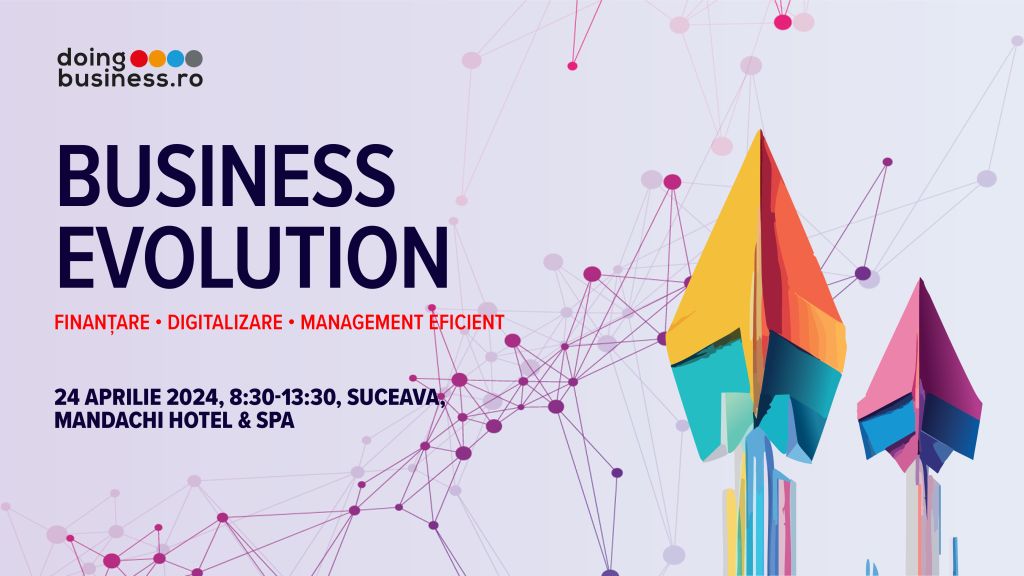Q: First of all, what is your definition of leadership?
Allan Kleynhans: Leadership is about influence. Whether it’s only one person you’re leading or a group of people, if you’re exerting influence, then you’re in a leadership role. A lot of people don’t realise that they are in leadership roles simply because most people do not see themselves as a leader. However, whether you’re influencing your children as a parent or you’re influencing people you work with, it’s good to remember that your example is what will impress people. As leaders we need to ask ourselves if our influence is having a positive or negative effect on the people around us.
Q: Is the CEO of a company necessarily a leader?
Allan Kleynhans: One would certainly hope so. You would expect the CEO of any company to demonstrate leadership qualities. They are the person at the helm of the ship, they are the person who is driving the vision of their organization. Ultimately, the most important decisions come down to the CEO.
Q: You have showed us earlier how important it is for a leader to be very well prepared in public speaking. Why is it so important?
Allan Kleynhans: Communication is the ultimate skill for any leader. You must be able to effectively articulate, demonstrate or sell your vision to your team. If that’s the CEO who wants to take their company in a new direction, or into a new market, you must be able to communicate that effectively. Communication is the ultimate skill for anybody. When it comes to leadership, the more effective your communication, the more effective you are as a leader. You have to be able to effectively articulate what you want to get across to people.
Q: Why does a leader need a coach?
Allan Kleynhans: Leaders don’t need a coach per se, but many will choose to have one because they realise by having a coach, it enables them to be even more effective as a leader. Coaching is about recognizing that we all have a blind spot. Exceptional leaders are always looking for ways to sharpen their axe, they are always asking themselves: ‘How can I get even better?’, ‘How can I take it to the next level?’, ‘How can I grow this bottom line?’, ‘How can I grow this team?’. If these are the kind of questions you want to address in yourself, then a skillful coach can shine the light on your blind spots and help you expand your ability as a leader.
Q: Why do coaches need a coach?
Allan Kleynhans: It’s my opinion that all coaches need a coach, especially coaches that have yet to reach the level of mastery in their own lives. However, the great coaches I know also understand that every person and every experience they encounter provides a coaching opportunity for themselves. They surround themselves with high caliber people, so effectively they’re being coached all the time. Coaching is a great responsibility, if you’re going to coach other people, then it’s your duty to be as effective as possible. You can only be as effective as you are willing to go deep in your own life. I always tell people: you can only go as far as the coach is willing to take you or as far as your coach has been. So, as a coach having your own coach means that you can continuously focus on becoming even better as a coach. I always use the metaphor that we are all peeling our own onion. When you peel a layer of your onion you always find there’s more work to do on yourself. When you heal whatever needs healing and you grow as a person, what happens next is that you find there is another layer to be peeled. Having a coach means you can do that in a faster period.
Q: How should leaders and CEO’s choose a coach?
Allan Kleynhans: I believe choosing the right coach is important and must be done very carefully. I believe you must have an initial connection, an emotional connection to a coach. You must resonate deeply with them at first meeting because this is someone you’ll end up sharing intimate things with, so having that initial connection is very important. I always encourage people to take their time looking around and really find somebody that can resonate with. I always offer anybody that’s considering coaching with me, ‘a possibility conversation’ – this is simply a conversation that opens possibilities. This conversation has no obligations and there’s no agenda. It merely offers the chance to get to know the other person and for them to get to know me. And if there’s a connection of some kind then we can explore the possibility of working together. You’ll find that you usually enjoy working with the people that you feel a connection with. Choosing a coach must also be based on skill and ability. Too many people spend a lot of money with coaches who have very little ability or skill and end up not getting the results they want. I’ve had a lot of clients who tell me: ‘I’ve worked with this person, I’ve paid a lot of money, but I haven’t really got the results I’m after’. I hear this a lot and it’s a shame because it gives the coaching industry a poor name. I always say to people that you must choose your coach carefully because otherwise it can be very expensive, and you might find that you don’t get the results you want.
Q: You are a leader and a coach, and I have a personal question. What’s the lesson that you’d have preferred to learn not in a hard way?
Allan Kleynhans: It’s like saying: ‘what would I say to myself if I was 20 years younger?’ I’d say: ‘learn quicker and apply faster’. So, learn, absorb, apply would be my mantra. In my twenties I was always reading and studying, but I didn’t really apply what I learned until my thirties. I had my own lessons to learn. I learned, and I absorbed and I’ve got a great memory, so it’s easy for me to recall things I’ve read, but I only started applying it much later. I would also say to my younger self: ‘fear less, love more’. When you can love more and fear less it means you are willing to open your heart no matter what. The greatest challenge we have as human beings, especially leaders, is that we’ve grown up in environments and had painful experiences that cause us to close our heart, and when our hearts are closed we cannot lead effectively.
Q: What’s your view about the Romanian leaders or wannabe leaders?
Allan Kleynhans: I must admit that I haven’t read much about Romanian leaders. What I usually do is try to find out about the culture rather than leadership because I know that leadership comes and goes, especially at the political level. In terms of anyone who wants to be a leader, anyone that’s listening to this interview - if you want to be a leader, you must first recognize that you already are a leader. You already are leading yourself. Perhaps you’re just not doing it effectively yet. Life is about being effective, and the more effective you can become in leading yourself, in other words getting yourself to do what you know is required to have a much greater experience of life, the more effective you will become with other people. If you want to be a leader then study great leaders. Read good leadership books and then apply what you learn. If you only learn one thing from a book and you only apply that one thing, then it’s been worth your time reading that book.
Q: What is the first lesson that you would teach a manager or a CEO who goes in public speaking for the first time?
Allan Kleynhans: The first thing about public speaking is that you must know your content inside out and back to front. I always tell my students – learn your content until you know how to say it backwards. When you know your content, you have confidence because you don’t have to worry about what you’re going to say. When you don’t know your content, you have no certainty. This means you’re easily distracted by many things including being worried about what the audience will think of you, or whether you’ll say the wrong thing. As human beings, our greatest fear is being humiliated in front of others. It’s the humiliation that comes with failure that scares us. When you’re in front of an audience for the first time, this fear is magnified. People feel naked in front of an audience. They believe people will see things about them they may not want to disclose. When you understand exactly what you’re going to say and why you’re going to say it, you feel confident and confidence is like oil in an engine – it creates smooth execution.
Q: Content is the king, but for a CEO, a manager, a leader who’s going for the first time in front of an audience, he might have some emotions. How soon should a manager, a CEO or a leader approach public speaking after he/she starts training?
Allan Kleynhans: I would say immediately. The best way to become proficient as a public speaker is to practice as much as possible. Practice develops confidence, so any chance you get to speak, take it. Authenticity is also a powerful thing, so don’t wait until you think you’re perfect. When you’re in front of an audience for the first time, knowing your content is crucial, however, if you are willing to be authentic, transparent and speak from your heart, this can win over the most cynical audience. There is nothing more powerful than being real on stage. I’ve seen people who don’t really know what to say but because they’re speaking from their truth, from their heart they are much more powerful than somebody who is more polished, but lacking authenticity. Being authentic and really understanding what your message is make a powerful combination. Take every opportunity to speak in front of people, because you’ll develop confidence. The more you practice, the better you get.
Q: You mentioned a lot of precious things like attending events, reading a lot of books, choosing the right coach. In this environment, where we have the Industrial Revolution 4.0 and other ways of learning, how does leadership change?
Allan Kleynhans: Technology has already had a major impact on everything and will continue to do so. This is already creating a lot of fear for people who are not sure about what their future holds. Earlier today a lady spoke up during the presentation about her fear of the unknown. I told her nobody really knows what the future holds. The only thing we can know for sure is that it’s changing faster than it ever has before. What can we do individually? We can remind ourselves that we can create the future we want. We have freedom to do that. In other words, we can predict our own future by working towards the future we want for ourselves. What we do in the current moment every day is literally creating our individual future. Our daily actions will depict our future. Obviously, technology will create major changes, but it doesn’t have to be scary if you’re prepared mentally. I don’t think people should buy into all the hype and the fear around what might happen. We must remember that technology is also changing the way we live in a very positive way too and is providing us with freedoms that we have never had before. In 20 years’, technology will create many benefits that we don’t currently enjoy yet. Breakthroughs in science and medicine mean we are going to live longer and we’re going to be healthier and we’re going to enjoy more freedoms. We must recognize the possibility and the opportunity that technology represents and then prepare for those opportunities. The questions people should be asking are, ‘what can I do to prepare myself right now, what new skill can I learn, what new language can I learn?’ - there are many things people can do to prepare themselves for the future, it just depends where their focus is. If it’s on fear and uncertainty, then you’re going to miss out.
Q: So leaders should not be afraid that robots will take their places?
Allan Kleynhans: I don’t think they should be afraid of that. There is always going to be a need for people in leadership positions. We need to make sure that we are conscious enough that we can work together with technology, so, we aren’t frozen by our fear. It’s just about being prepared and not allowing fear to stop us not from recognizing our own capabilities.
Q: Do you have something else to add for our readers?
Allan Kleynhans: I always tell the audience that nothing is ever in the way. Everything is always on the way. One of the greatest challenges we face is that we fear we’re going to lose something, because we’ve all experienced loss of some kind in our past – we’ve either lost somebody we loved, lost a relationship, lost money, or lost an opportunity at some point. We’ve all had the experience where we missed out on something. The possibility of losing something in the future prevents us from really experiencing our true power and being creative in the present. We’re creative by nature. But we have all learned to become critical through nurture. In other words, we take on the fears and limiting beliefs of the people who raise us. This is an unconscious process that has drastic consequences for us as adults. Consequently, most people are not using their minds effectively as they are meant to be used in a creative fashion because most people are always focusing on what they may lose. Remember, every single one of us has access to a very valuable piece of kit: the nervous system, the brain and access to the mind on three very different levels: the conscious, the unconscious and the superconscious. We can only use those abilities in powerful ways if we remain open to what’s available to us internally. One of the most powerful tools available to us is our imagination and we must use our imagination in a constructive fashion. Most people are using their imagination to worry about what may go wrong and what they may lose if they take that next step… Remember – when anything does go awry, it’s always on the way to something better. Always. There is always a valuable lesson when something doesn’t work out the way we hoped it would. We can all look back at our past experiences, we’ve all had moments when something didn’t go the way we wanted, and we can find some good came from that. It’s important to remember that when you’re going through a tough time that everything is on the way and nothing is in the way.
Q: Last question, in short: if you would have to describe yourself in three words, what would these words be?
Allan Kleynhans: Loving, passionate and crazy. Thank you very much.




